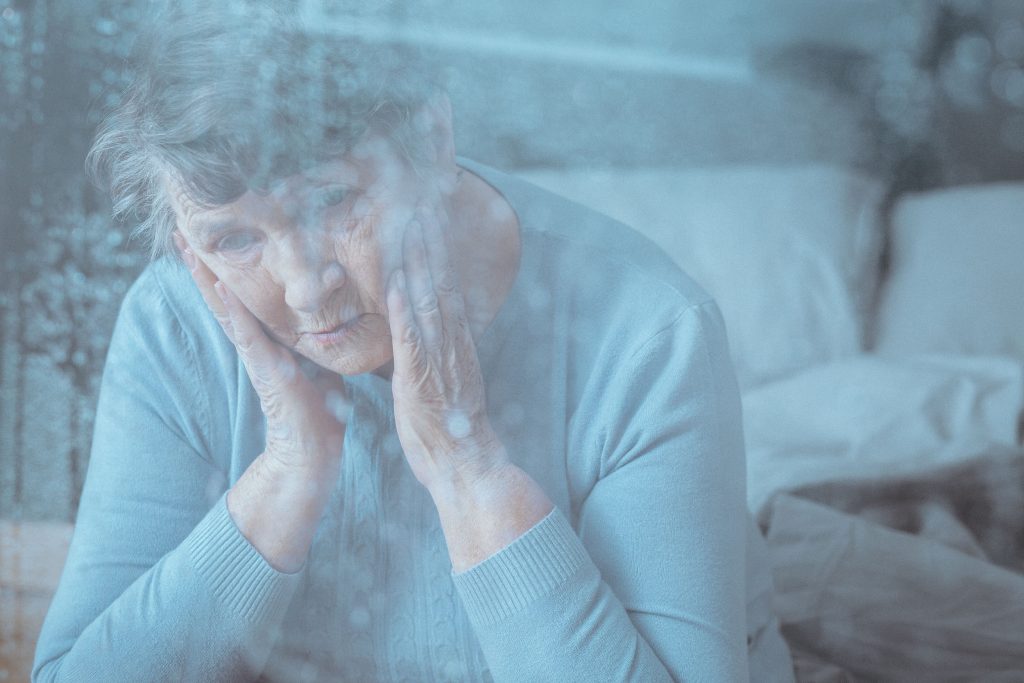World Alzheimer’s Day is hung on September 21st of every year. It’s a time when Alzheimer’s organizations throughout the planet focus their efforts on raising awareness about Alzheimer’s and dementia. Alzheimer’s disease is the most widely recognized type of dementia, a gathering of disorders that impairs mental working.
At regular intervals, someone develops Alzheimer’s disease. At current rates, experts reveal the quantity of Americans living with Alzheimer’s will fourfold to as numerous as 16 million by 2050.
Most people refer to Alzheimer’s disease as a family disease because the constant stress of watching a friend or family member slowly decay affects everybody. 5.7 million Americans are living with Alzheimer’s. Alzheimer’s disease is the sixth driving cause of death in the United States. It is also the solitary cause of death among the best 10 in the United States that one can’t forestall, restore or even slow down. With the increases in life spans and children of post-war America transitioning, support for Alzheimer’s research is more basic to our families than any other time.
Alzheimer’s disease is the cleverest thief because she not only steals from you, but she steals the very thing you need to remember what’s been stolen. – Jarod Kintz
Most families find it hard to cope with challenges because of Alzheimer’s disease. The world lights up purple on World Alzheimer’s day, a day devoted to raising awareness about Alzheimer’s and dementia. At regular intervals, someone in the world develops dementia/Alzheimer’s, as indicated by Alzheimer Disease International (ADI). So because of this, organizations throughout the planet meet up on this day to support discovering a remedy for this gruesome disease.
World Alzheimer’s Month.
Initially, this day is important for World Alzheimer’s Month. It’s a day where organizations facilitate to make worldwide messages about dementia for the media, key stakeholders, and policymakers. The main purpose of this decision to present the entire month is to empower the public and nearby Alzheimer’s associations worldwide. This is to broaden the span of their awareness programs and events. For instance, organizations like the thepurpleelephant.com light up city buildings in Toronto, Niagara, Chicago, New Orleans, and Vancouver in purple to establish this day. For the month festivity, these organizations meet up to make themes of conversation to help other people perceive the impact of Alzheimer’s and dementia.
The day anyway kicked off in 1994 to commend the tenth anniversary of the Alzheimer’s Disease International (ADI) association. The ADI empowers different organizations with research and refreshed information about Alzheimer’s and dementia. ADI is the worldwide alliance of Alzheimer’s associations throughout the planet, in true relations with the World Health Organization. It holds global conferences and holds Alzheimer University, a series of commonsense workshops to help staff and volunteers. This is to assist with instructing individuals about the effects of Alzheimer’s and dementia and what they can do about it. Because essentially one cannot disregard these issues, especially among the elderly.
Facts about Alzheimer’s diseases.
Alzheimer’s is a progressive disease that destroys memory and other significant mental functions. Synapse connections and the cells themselves savage and kick the bucket, ultimately destroying memory and other significant mental functions. Memory loss and confusion are the principal symptoms. No fix exists, however medications and the board strategies may briefly further develop symptoms.
- A big part of adults more than 85 have Alzheimer’s
- Alzheimer’s is the sixth driving cause of death in the U.S.
- Symptoms of Alzheimer’s also grow in individuals as youthful as age 30.
- The greater part of the 5.4 million Americans with the disease may not realize they have it.
- A greater number of ladies have Alzheimer’s than men.
- The frequency of Alzheimer’s will increase at regular intervals by 2050.
- There are more than 16 million American caregivers for someone with Alzheimer’s or another type of dementia.


